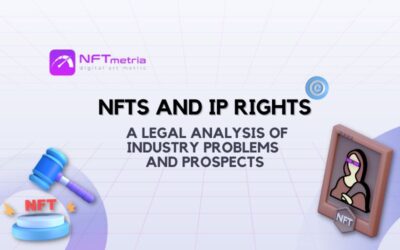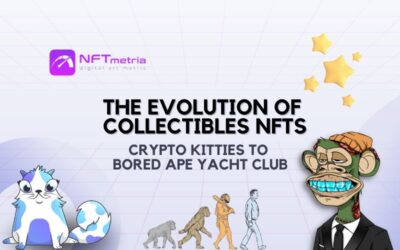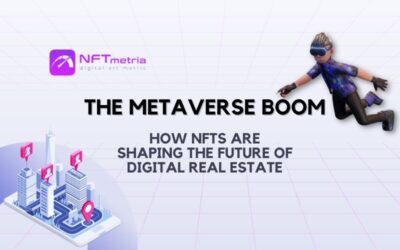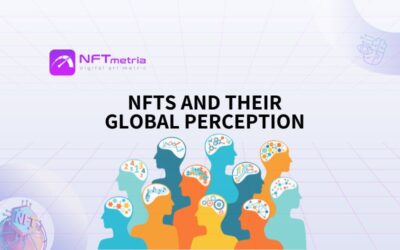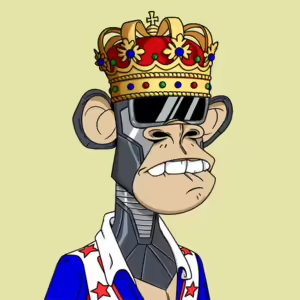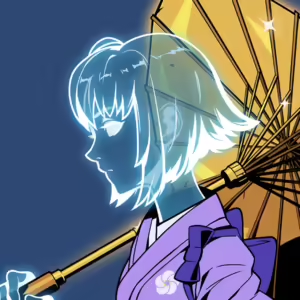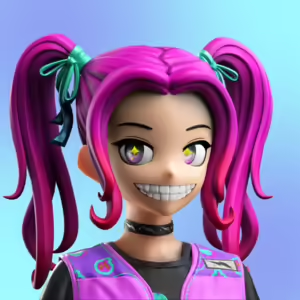In recent years, Non-Fungible Tokens (NFTs) have taken the digital world by storm. These unique digital assets have found applications in art, music, gaming, and even real estate. However, their meteoric rise has raised complex legal questions, especially concerning intellectual property rights. In this article, we’ll delve into the legal aspects of NFTs, exploring the challenges and opportunities they present.
The NFT Intellectual Property Landscape
NFTs have disrupted the traditional intellectual property landscape in several ways:
Digital Art and Copyright
One of the most significant areas of impact is the world of digital art. Artists can tokenize their digital creations as NFTs, providing proof of ownership and provenance. However, this has given rise to concerns regarding copyright. If an artist tokenizes their work, do they still hold the copyright? Can someone else create an NFT of the same digital art piece? The answers aren’t always clear-cut.
Case Example: The artist Beeple sold an NFT of his digital artwork for a record-breaking $69 million. While the buyer owns the NFT, does this mean they hold the copyright to the artwork itself? This legal gray area has yet to be fully resolved.
Here’s another example: in the world of photography, the problem of non-compliance with copyright is critical. A case in point was artist Cath Simard‘s #FreeHawaiiPhoto. For the first time this picture was posted by the author on Instagram in 2017, and then it became viral, and the authorship was lost among the reposts. In September 2021, the authorship was restored thanks to a sale on SuperRare for 100 ETH (about $300k at the time of sale), and the famous collector Gmoney became the buyer. And it was the first NFT in history to be completely transferred after the purchase. The moment proved to be watershed in the NFT photography community, media rights, and photography in general, generating national interest and media coverage.
Music and Licensing
Musicians have also embraced NFTs, using them to sell exclusive tracks, albums, and even concert tickets. However, music licensing can be a legal minefield. Does purchasing an NFT of a song grant the buyer the right to use that song in a commercial project? Or is it merely a collectible item?
Case Example: The rock band Kings of Leon released their album as an NFT, giving buyers access to exclusive perks like VIP concert tickets. Yet, the question of how these NFT owners can use the music remains unanswered.
And the Royal music platform offers all buyers of tokens of various music tracks to become at the same time partially owners of copyrights and receive profit from all income from this. At the same time, its founder, musician 3LAU, actively uses blockchain for his musical work, including copyrights. So, 3LAU was the first in the world to tokenize his album, as a result of which he earned more than 11.6 million dollars.
Gaming and Virtual Real Estate
In the gaming world, NFTs have revolutionized the concept of in-game assets. Gamers can purchase, sell, and trade NFTs representing unique in-game items, characters, and even virtual real estate. This blurs the lines between virtual and real-world property rights.
Case Example: In the game Axie Infinity, players can buy, sell, and breed NFT-based creatures called Axies. These creatures have real-world value and have raised questions about property rights within the game.
Legal Challenges of NFT IP rights
Navigating the legal landscape of NFTs and intellectual property is far from straightforward. Here are some of the key challenges:
Copyright Ambiguity
Determining who holds the copyright to an NFT-encapsulated digital asset is often unclear. While the NFT owner has proof of ownership on the blockchain, this doesn’t necessarily equate to holding copyright. Artists may still retain these rights, leading to potential legal disputes.
Licensing and Usage Rights
The terms of use for NFTs can vary widely. Some NFTs grant buyers usage rights, while others may not. Understanding what rights come with an NFT purchase is essential to avoid copyright infringement.
And from the point of view of this issue, the authors take different paths:
- Providing copyright for NFT owners. The most prominent example is the Bored Ape Yacht Club, which recently created an online license called Made By Apes for the first time in the history of the market. Thus, each owner can legally and publicly use car rights, including commercial ones, and use the brand image at his own discretion. Thanks to this system, Yuga Labs keeps a public record of issued licenses and thus provides additional advertising for its licensees.
- The CC0 (Creative Commons Zero) license implies the use of the licensed object as a public domain. That is, if you purchase this NFT, then you do not have any exclusive intellectual rights. This method is used to ensure that anyone can freely develop, improve and reuse a digital work of art or NFT brand. This type of license is used by some popular NFT collections: The Nouns, Lazy Lions, CyberKongz and others. But the Moonbirds community received this news from founder Kevin Rose with criticism, since this approach deprives exclusive copyrights, one of the main privileges from purchasing expensive NFTs.
International Jurisdiction
NFTs operate on a global scale, making it challenging to apply a single set of copyright laws. Artists and buyers may reside in different countries, each with its own intellectual property regulations.
Fraud and Plagiarism
The decentralized nature of blockchain can make it difficult to combat fraud and plagiarism in the NFT space. Stolen or copied digital assets can be minted as NFTs, leading to legal and ethical dilemmas.
Opportunities and Solutions of NFT IP
Despite these challenges, NFTs also offer unique opportunities for creators, collectors, and the legal community:
- Smart Contracts
Smart contracts can be embedded within NFTs to automate royalty payments to artists. This ensures that artists receive compensation every time their NFT changes hands, providing a sustainable source of income.
- Transparency
Blockchain technology provides transparency in ownership and provenance. This transparency can simplify copyright disputes by offering an immutable record of ownership.
- Legal Innovation
The legal community is adapting to the NFT revolution. Law firms are establishing practices specializing in blockchain and NFTs, working to develop legal frameworks that address emerging issues.
- Licensing Standards
Standardizing licensing terms for NFTs could help clarify the rights associated with each token, making it easier for buyers and creators to understand what they’re purchasing.
Conclusion
NFTs have introduced a new dimension to intellectual property rights, one that challenges existing legal frameworks. While navigating this evolving landscape can be complex, it also presents opportunities for creators to monetize their digital assets more effectively. As the NFT space continues to mature, legal solutions will inevitably emerge, offering clarity and protection for all parties involved.

